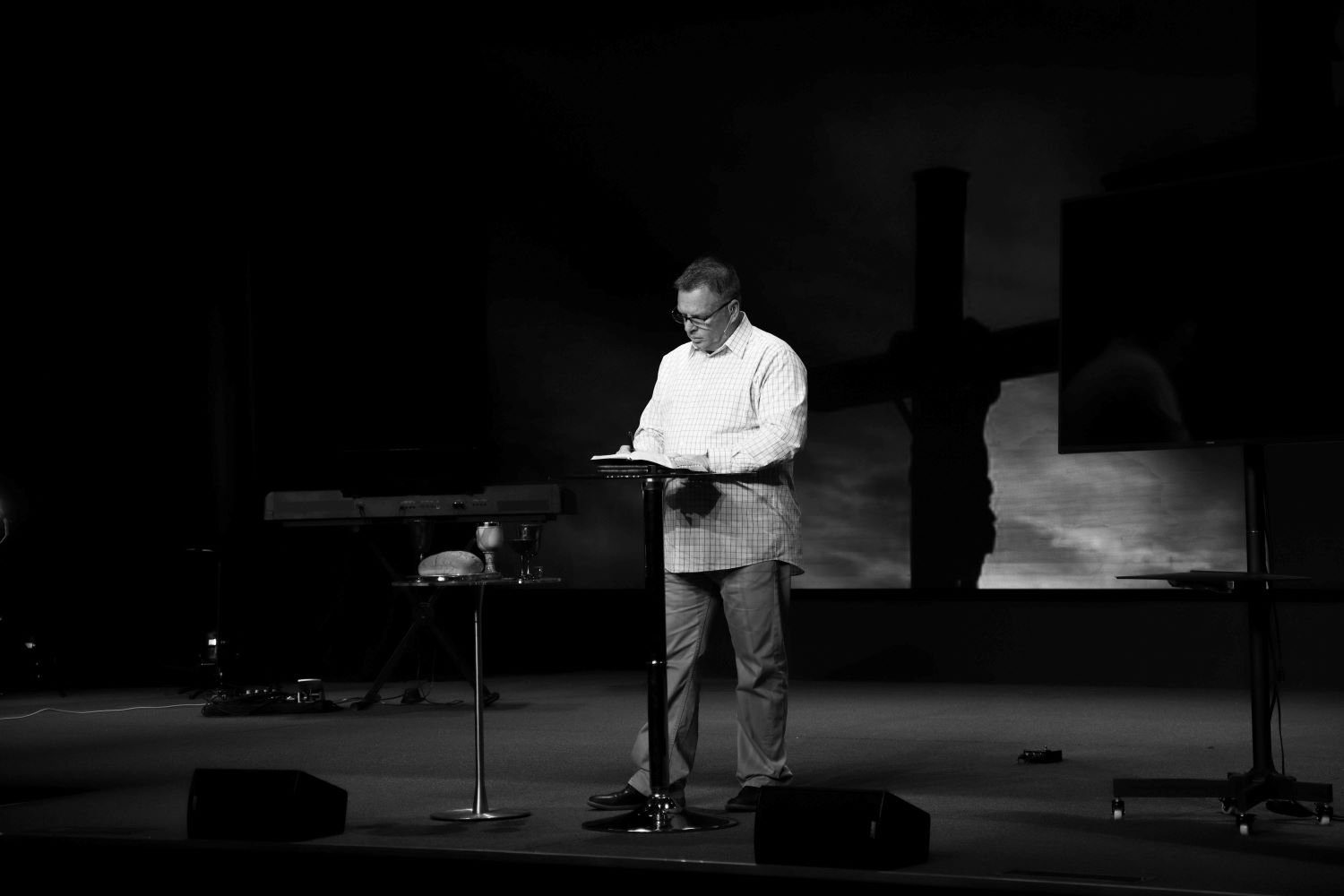27 Only let your manner of life be worthy of the gospel of Christ, so that whether I come and see you or am absent, I may hear of you that you are standing firm in one spirit, with one mind striving side by side for the faith of the gospel, 28 and not frightened in anything by your opponents. This is a clear sign to them of their destruction, but of your salvation, and that from God.
Philippians 1:27-28 (ESV)
The great reformer Martin Luther warned against the cowardice that tells only the truths that are safe to tell:
If I profess with the loudest voice and clearest exposition every portion of the truth of God except precisely that little point which the world and the devil are at that moment attacking, I am not confessing Christ, however boldly I may be professing Christ. Where the battle rages, there the loyalty of the soldier is proved, and to be steady on all the battlefield besides is mere flight and disgrace if he flinches at that point.[1]
The apostle Paul reminds his gospel partners in Philippi that courage is part of a “manner of life” (v. 27, lit. “citizenship”) that is worthy of the gospel. As Christians, they are not simply citizens of Rome but citizens of heaven (cf. 3:20), and this citizenship is to be evident in their unity (v. 27) and courage (v. 28). Godly valor is a dominant theme in Philippians; it suggests that Christian courage puts the salvation of others ahead of one’s own comfort. While demonstrated supremely by Christ’s selfless service and sacrificial suffering (2:5-11), it is also evident in Paul’s willingness to endure imprisonment for the gospel’s advance (1:12-14).
As a result of Christ’s death and resurrection, Paul lived with Christ at the center of all his priorities and purposes. Death was, for him, the gateway to glory (1:21, “to live is Christ, and to die is gain”). Such steadfastness means that death is no longer the Christian’s greatest fear and the opponent’s ultimate weapon. Hence, courageous Christians are a “sign” to their enemies that the gospel is true; those who believe it are saved for glory, but those who oppose it will perish (v. 28).
In the twenty-first century, Christian courage plays itself out in a range of ways particular to the culture. Horrifying reports of deadly persecution stream in from Iraq, India, Indonesia, and Nigeria. Sometimes the killers are Muslim, sometimes Hindu. Sometimes there are tribal undercurrents, sometimes ethnicity plays no part. Yet Christians in these killing zones persist in discipleship—and martyrdom.
In other regions, governments sting Christians with sanctions when they show themselves too dynamic or prophetic. Certainly, China is such a place, as is Egypt. But the state is also overreaching in the West, where speech codes inimical to frank, biblical preaching are emerging. Furthermore, Europe and North America have seen their share of vandalism, arson, and death threats designed to intimidate pastors and their churches.
Beyond the violence, believers on every continent understand that it can be costly to embrace and defend biblical truths and standards. Their careers are stifled. Media contempt is heaped upon them. Neighbors shun their company. Their contributions to society are marginalized. It is clear that when the culture is corrupt, it cannot suffer amiably a counter-culture word from God’s people.
[1] Quoted in George Hunsinger, Disruptive Grace (Grand Rapids: Eerdmans, 2001), 89. The original source is D. Martin Luthers Werke, Kritische Gesamtausgabe. Briefwechsel (Weimar: Verlag Hermann Böhlaus Nachfolger, 1930-1985), 3:81f.
